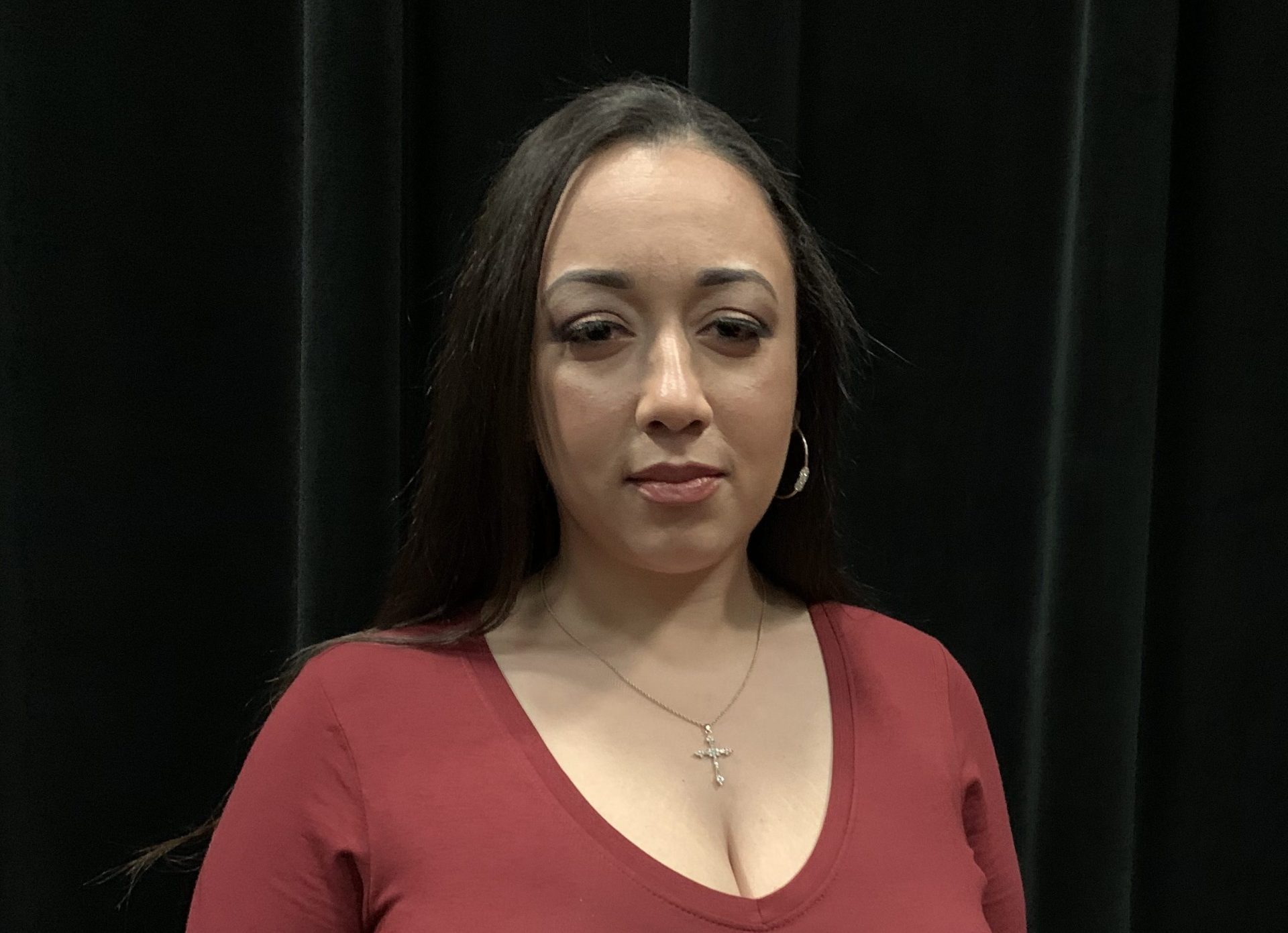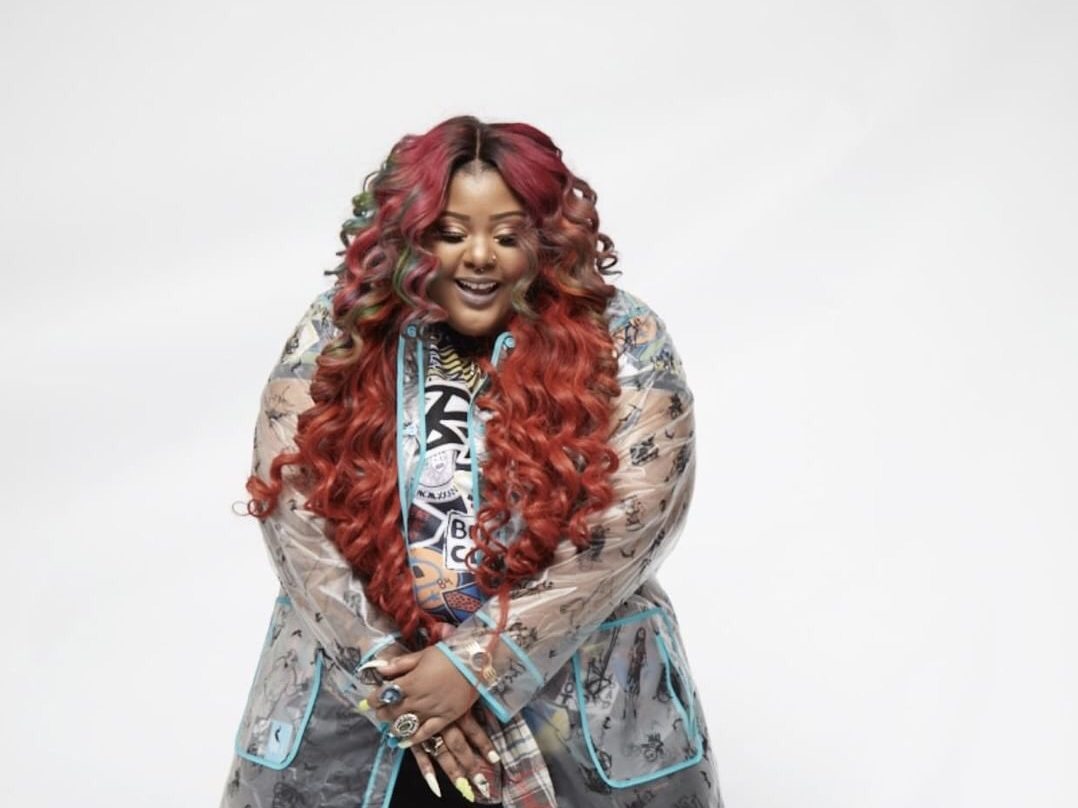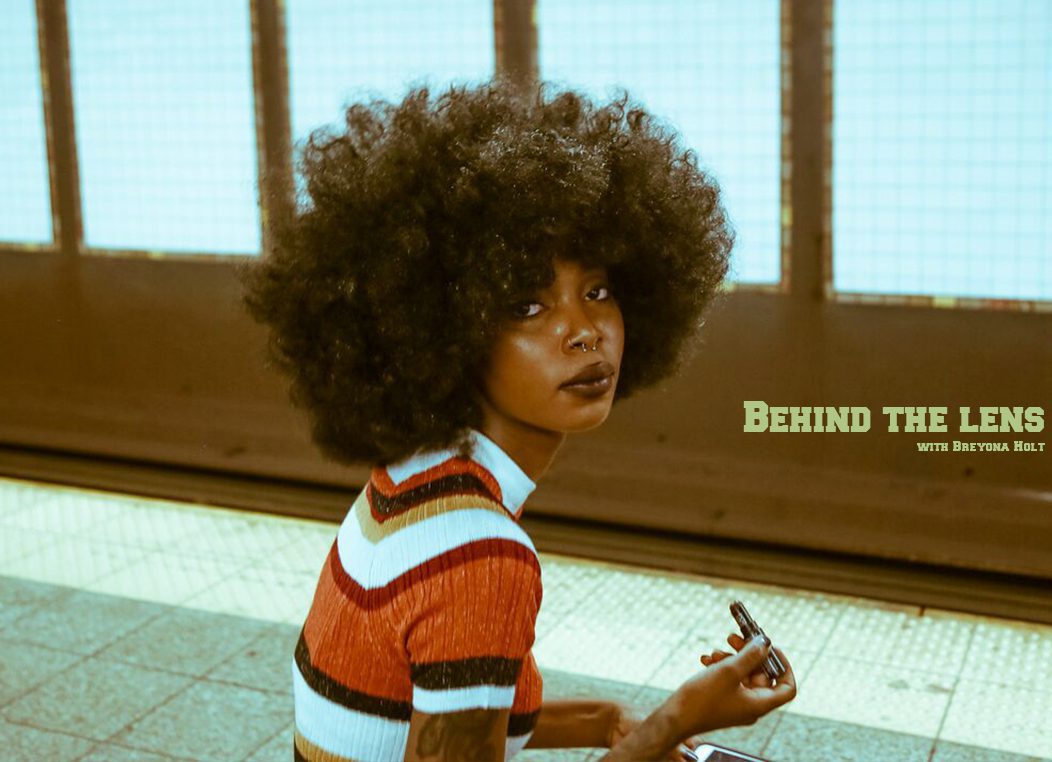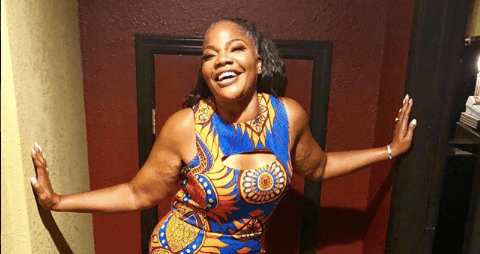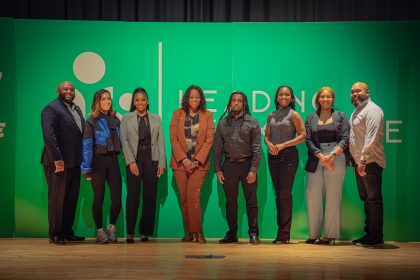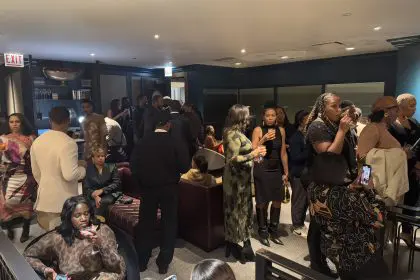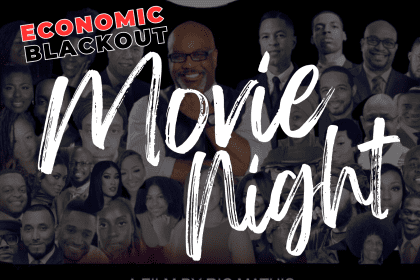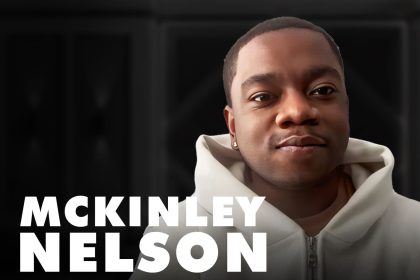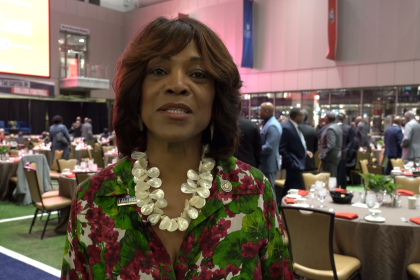
A Stanford University alum, Brandon Hill is tracking for success. He’s already received an honorary degree from Morehouse College and interned at the White House, Google and UNICEF Tanzania. The African and African American Studies major is the co-founder and CEO of Greo. The startup focuses on empowering young people through meaningful discussion and storytelling.
What is your company’s mission?
Our mission is to build software products, particularly apps, that empower our community to discover and exchange meaningful ideas. The first app we released was called Greo. It’s a 60-second video app for talking about things like police brutality and immigration and women in tech.
What is your day-to-day like at work?
Like all of my teammates, I wear multiple hats at Greo. A typical day begins with our morning standup meeting to check in on individual progress and identify blockers. Then, I will either work on designing new parts of our apps or code them.
What inspires you to show up at work every day?
I am inspired by the possibilities of what can happen when you pair the Black radical imagination with the very expansive tools of technology. Our goal is to build an influential tech business that is self-sustainable and that through its products and its social initiatives can make a tangible impact on educational and economic outcomes of the most vulnerable in our community.
How did you determine your career path?
I aspire to a career in public service ultimately, and particularly elected office. After working a few internships in Washington, DC, like the White House and US Department of Education, it became clear to me that that dream needs to wait until I have real skills to contribute to the fight. But the tech space here in Silicon Valley is one where you can more easily than other places self-start and get something tangible off the ground as a young person with few skills. Building a tech startup is especially well suited for me because I get to work with my best friends all day. I get to employ all my creative talents while nurturing others — whether it’s shooting videos or coding or speaking or graphic designing. There is also the freedom to define our own work. And lastly, in the Age of Trump and the Starbucks arrest where you can’t just be your whole Black self anywhere freely, my team is 100% Black and our CTO is a Black woman. So, we can bring all our jokes, and pop culture references, and grievances about society, and community-driven ethos to the table without feeling like a token or other.
Describe the voice of success that you hear in your head.
My question is: why can’t we build Wakanda today? We have the resources and talent, we just need organized ways to combine and structure our human, social, creative, and financial capital to build the communities we have painted on movie screens and in our imaginations. Ideally, Greo’s contribution to that Afrofuture will be significant, especially as a black-owned tech company. I’m driven by that vision, but ultimately the voice of success in my head comes from our ancestors who used the technology they had available to create margins of freedom for the community. Like Harriet Tubman with horse and carriage. Or Toussaint L’Ouverture and his army’s advanced communication mechanisms. Greo hasn’t come that far, but if we have done anything it’s because we stand on the shoulders of giants.
Community success based on what you do in the community means what to you?
A community where all children have access to exceptional education, access to quality free healthcare, opportunities for economic advancement and that is free of homo and transphobia, misogyny and racism.
Does technology play a role in your daily life?
Tech plays a large role — from helping me navigate in my car from place to place, to connecting me with breaking news on a daily basis. The interesting question is what role do Black people play in technology? The answer is, a massive one. Especially the commonly referred to platforms, like Instagram, Snapchat, and Twitter — Black people are responsible for up to a quarter of the content on these social media sites. “Black Twitter” as a stand-alone name is evidence of this phenomenon. We need to recognize our value and start leveraging our creative power to build and own platforms of our own. Not just sharecrop on those owned by others.
If you could change one thing about the world, what would it be?
I would grant equality of opportunity to every child, so they have equal ability to dream and achieve that dream.
If you could change one thing about yourself, what would it be?
I would like to be more patient. I sometimes get too excited about reaching the destination rather than just enjoying and learning from this oft-challenging yet beautiful journey.

